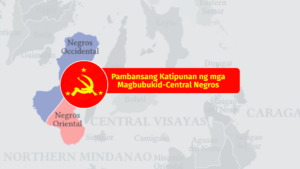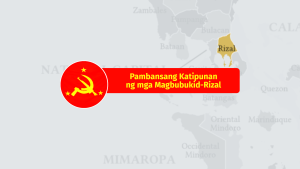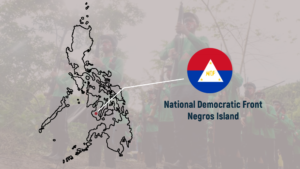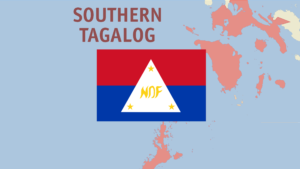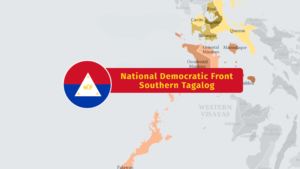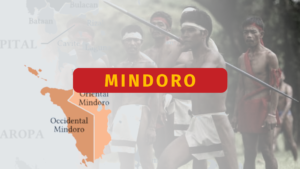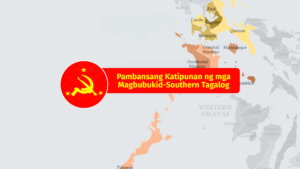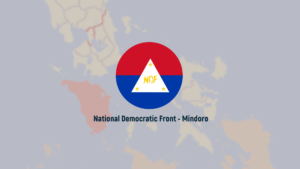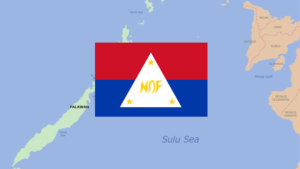KAGUMA-EV: How can face-to-face classes safely reopen in rural, militarized communities?
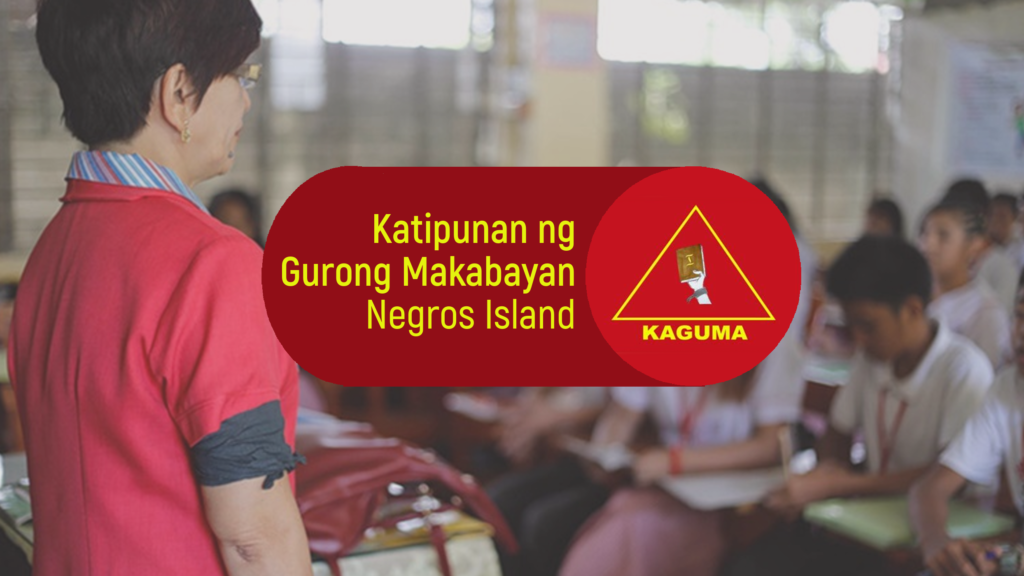
“The question remains,” says Edgar Sarigan of Kalipunan ng mga Gurong Makabayan-Eastern Visayas (KAGUMA-EV), “how exactly can students attend face-to-face classes when their schools and communities are occupied by fascist military troops.”
Sarigan raised this in light of the government’s targeted 100% reopening of physical classes in the coming school year. “The safe reopening of classes in all schools is a far cry when there is fascist deluge in rural communities where majority of the country’s student population resides,” he asserted.
The revolutionary organization has received reports of psychological trauma among learners and the subsequent disruption of their learning activities attributed to state forces’ aerial bombardment, artillery shelling, indiscriminate strafing, and even the much-publicized killing of peasant children in Barangay Roxas, Catubig in Northern Samar early this year.
Mercenary troops aggressively scour the countryside and propagate terror and fascist brutalities in villages through the Retooled Community Support Program. There are also reports of children being used in counterinsurgency operations by bribing them to be spies or using them as human shields from the soldiers’ armed adversaries.
“The safe reopening of classes entails pulling out the fascists that endanger the students to begin with.”
Sarigan further assailed the reactionary government’s criminal negligence in preparing for physical classes amidst the threat of the coronavirus. While the pursuit to reopen schools is welcome, rural schools need classrooms, nurses, clinics, protective equipment, and hand washing facilities.
Meanwhile, fellow teachers suffer from low wages and meager allowance amidst overstretched workload and hours. They are forced to shell out funds from their own pockets while parents are obliged to participate in clean-up drives and financially contribute for the repair of classrooms and other school facilities as they now seek accreditation from the Department of Education to reopen their schools.
The state’s criminal neglect on the educational sector adds to the unbearable sufferings of students and their families in the midst of overwhelming economic crisis. Citing KAGUMA-EV’s own case study, Sarigan said the travel cost alone of students living in far-flung communities has doubled since the nonstop oil price hike.
“The reopening of physical classes is inevitably tied to the human rights situation in the countryside, the government’s negligent Covid-19 response, and the economic crisis that makes education — whether online or offline, blended, modular, or face-to-face — inaccessible for the Filipino youth.
“Educators, students, and all members of the academic community should assert for a comprehensively safe reopening of physical classes, condemn the military occupation of schools and communities, and demand for the immediate pullout of troops in rural villages,” Sarigan ended.

